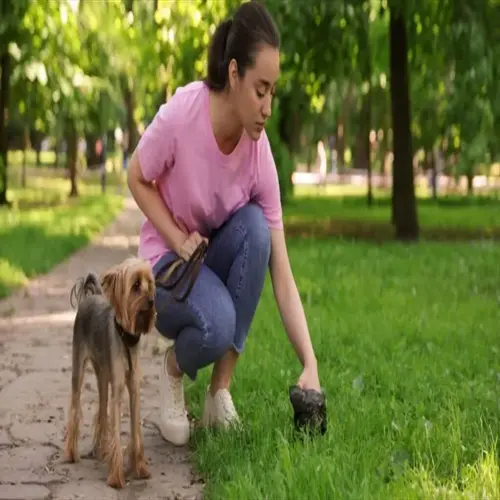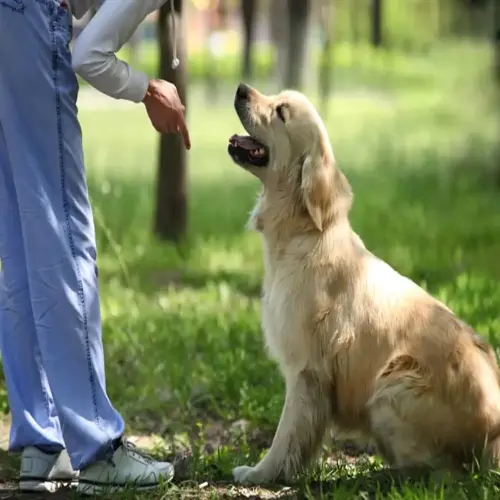How do I care for a senior dog with arthritis?

Written by
Susan Taylor
Reviewed by
Prof. David Walsh, Ph.D.Management of arthritis in senior dogs requires comprehensive care modalities for those experiencing discomfort in their joints. This centers on pain relief, increased mobility, and changes to the environment. Utilizing these modalities can help maximize quality of life and slow the progression of the condition. Your diligence will ensure that comfort is a daily possibility.
Mobility Support
- Non-slip rugs preventing falls on hard surfaces
- Ramps for furniture and vehicle access
- Assistive harnesses supporting hindquarters
Pain Management
- Veterinary-prescribed NSAIDs reducing inflammation
- Cold therapy during flare-ups
- Warm compresses easing morning stiffness
Joint Support
- Glucosamine supplements maintaining cartilage
- Omega-3 fatty acids decreasing inflammation
- Adequan injections improving joint fluid
Provide orthopedic beds equipped with memory foam that evenly distributes weight. Put these beds in warm drafts and place them during warm weather. Use heat pads on beds in cold weather to improve circulation to joints. Do not recommend thin mats that may afford insufficient support to joints during rest periods.
Install ramps with non-slip surfaces for all elevated surfaces. Keep the angles of these ramps below 20 degrees for a safer climb. Do not allow jumping actions to eliminate joint injuries from jumping. Carry small dogs upstairs while supporting their hind end gently.
Administer supplements, such as glucosamine and chondroitin, daily. Follow veterinary dosage instructions precisely. Combine with omega-3 fish oil to enhance anti-inflammatory effects. Monitor response through improved movement and reduced stiffness.
Before beginning any exercise sessions, perform a gentle massage on the area. Do this in a circular motion on stiff joints for 5-10 minutes. Apply a warm compress to the affected area in the morning. Apply cold therapy immediately after activity to help prevent inflammation from worsening.
Follow veterinary pain management protocols consistently. Never adjust medication dosages without consultation. Report any side effects immediately. Regular blood work monitors organ function during long-term treatment.
Read the full article: 9 Essential Senior Dog Care Tips for Golden Years

